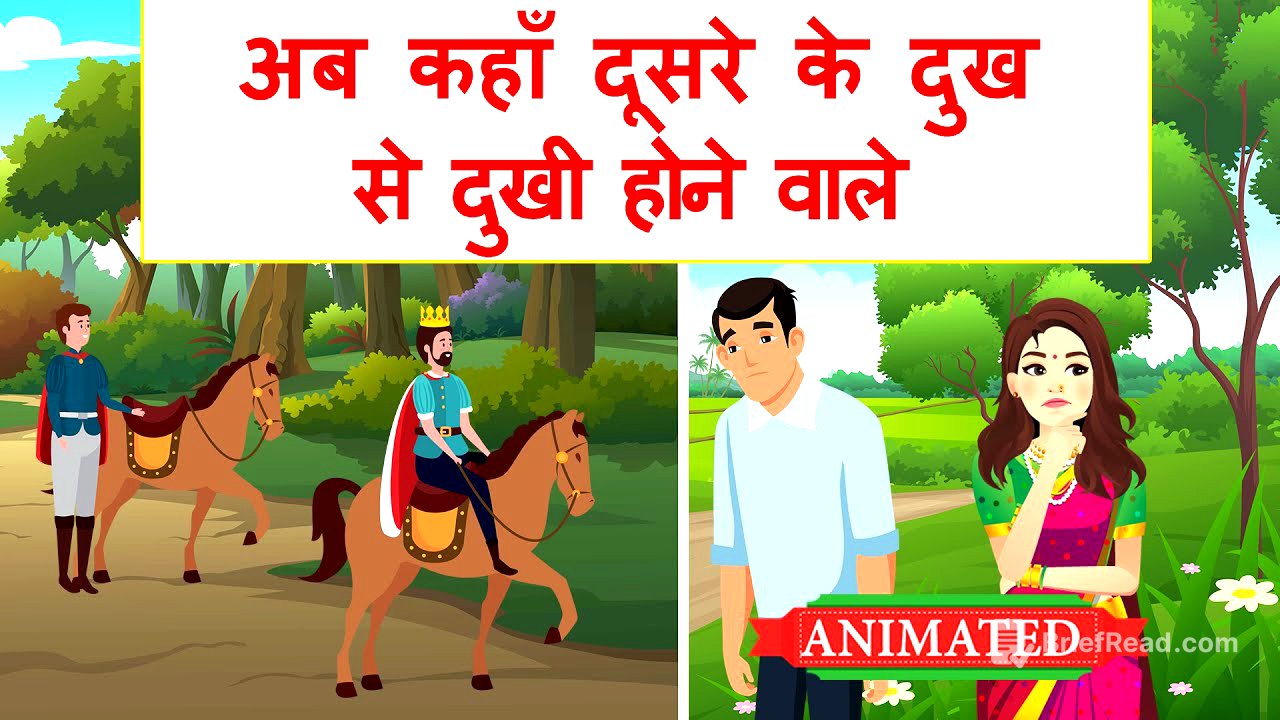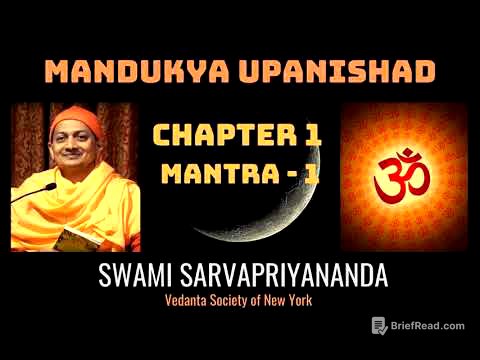TLDR;
The lesson "Where are those who get sad at the sorrows of others?" by Nida Fazli emphasizes compassion for all living beings. It starts with stories of King Solomon, Sheikh Ayaz's father, and Prophet Noah, highlighting their empathy towards animals. The lesson then discusses how humans have disrupted the balance of nature, leading to calamities. It also shares personal anecdotes from the author's life, illustrating the importance of respecting nature and feeling the pain of others. The author laments the loss of empathy in the modern world, where people are less sensitive to the suffering of animals and the environment.
- Stories of Solomon, Sheikh Ayaz's father, and Prophet Noah exemplify empathy.
- Human actions have imbalanced nature, causing disasters.
- The author shares personal stories highlighting respect for nature.
- Modern world lacks empathy towards animals and the environment.
Introduction [0:00]
The author, Abhishek, introduces the lesson "Where are those who get sad at the sorrows of others?" written by Nida Fazli. He sets the stage for understanding the lesson's themes of empathy and compassion.
Stories of Compassion [0:15]
The lesson begins with the story of King Solomon, who understood the language of animals and ensured their safety. When ants were alarmed by his approaching army, Solomon reassured them, emphasizing his role as a protector, not a threat. Then there's a story of Sheikh Ayaz's father, who refused to eat after realizing he might have displaced a family of ants, and went back to return them to their home. The story of Prophet Noah, who wept for years after scolding an injured dog, is also shared. The dog's response highlighted that all beings are creations of the same God. Even in the Mahabharata, a dog is seen as a symbol of loyalty, staying with Yudhishthira until the end when everyone else had left.
Human Impact on Nature [2:17]
The lesson talks about how the world has changed, with mankind building walls and distancing themselves from each other. The growing population is pushing the sea back, removing trees, and causing pollution, which drives away birds. This imbalance between humans and nature results in extreme weather events like excessive heat, untimely rains, earthquakes, floods, and new diseases. The author points out that nature has a limit to its tolerance, and the example of Bombay, where the sea threw ships onto the shore due to land encroachment, serves as a scary reminder of nature's anger.
Respect for Nature in Daily Life [4:04]
The author shares anecdotes from his childhood, recalling his mother's teachings about respecting nature. She advised against plucking leaves after sunset, disturbing flowers during diya lighting, or harassing pigeons, as they are dear to Hazrat Mohammad. She also emphasized not disturbing chickens, who wake everyone up in the morning with their Azan. These teachings highlight a deep respect for all living beings and the environment.
Loss of Empathy [4:30]
The author recounts an incident from his childhood in Gwalior, where he accidentally broke the eggs of pigeons nesting in his house. His mother was deeply saddened by this and fasted the whole day, praying for forgiveness. Contrasting this with a present-day incident in Bombay, the author describes how his wife put a net to prevent pigeons from nesting in their flat, as they were causing trouble. The pigeons now sit sadly outside the window, and there is no one like Solomon to understand their sorrow or the author's mother to pray for them. This illustrates the loss of empathy in the modern world.
Conclusion [6:20]
The author concludes by encouraging viewers to like and share the video to increase their confidence. He also requests new viewers to subscribe to the channel. The lesson ends with a reflection on the absence of those who feel the sorrows of others, highlighting the central theme of empathy and compassion.









